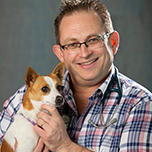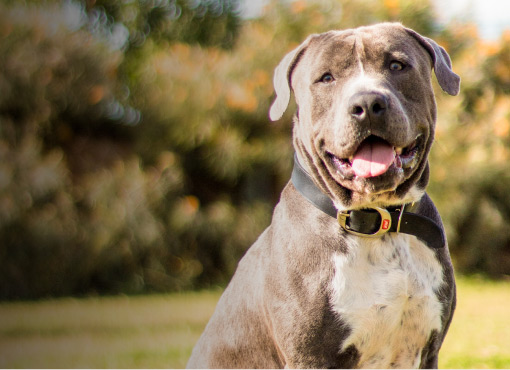We may be faced with a situation where we need to administer first aid to our pets. Whilst we hope this will never be the case, it is important to have some knowledge in the event this may happen. It is by no means a replacement for veterinary attention. If in doubt, it is our strong recommendation to always contact your nearest veterinary clinic. Find your nearest Greencross Vets clinic.
- Shop Online
- News & Events
- Blog
- Contact
- Seen an animal in distress? Call 1300 ANIMAL(264 625)
-


.ashx?h=400&w=636&la=en&hash=8730F2E727CE2F6ECA12BCFFDDD7B439D7E75746)

